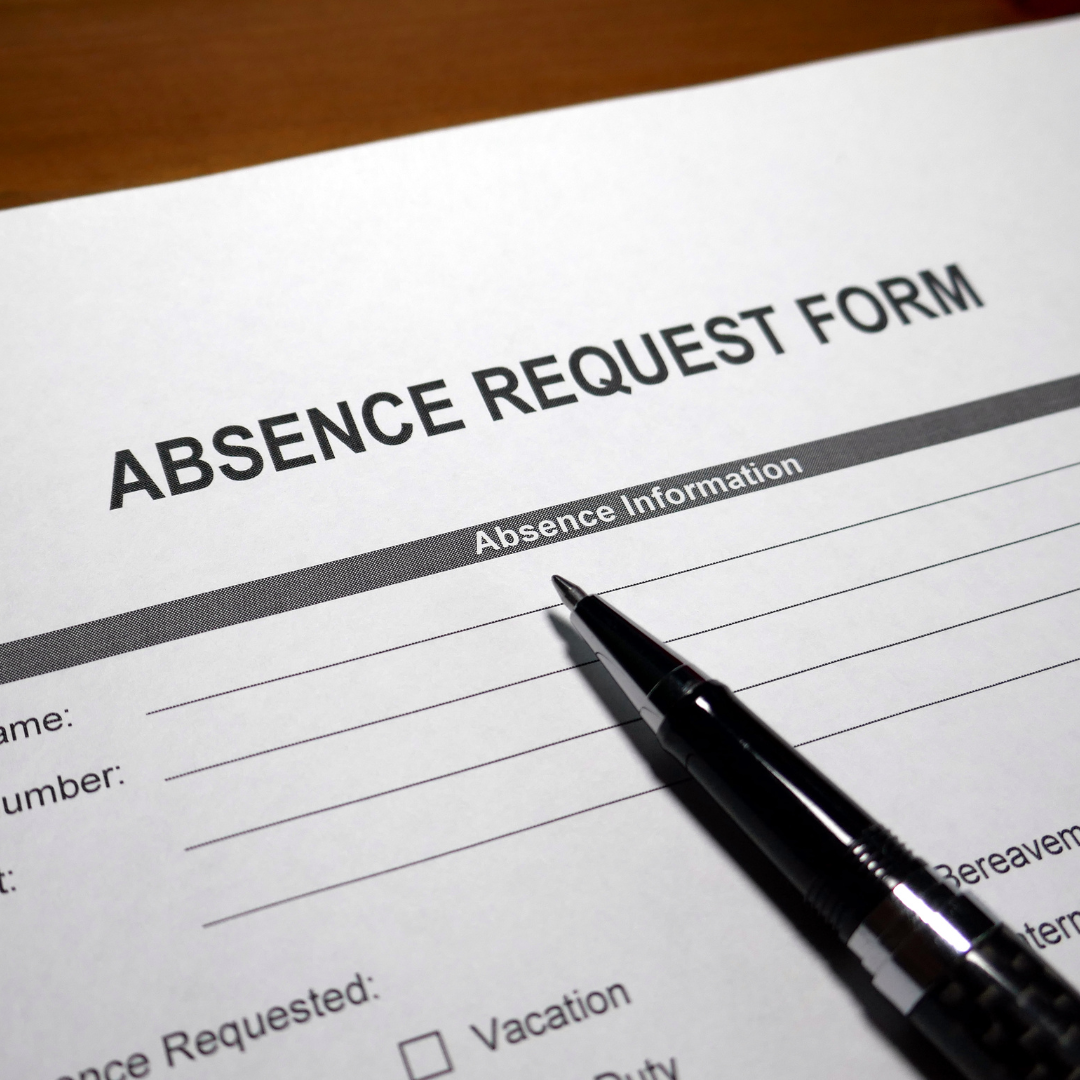Leaves of absence laws provide eligible employees with the right to take time off from work for certain family and medical reasons. These laws ensure that employees can balance their work and family responsibilities without fear of discrimination or job loss.
Family and Medical Leave Act (FMLA)
The FMLA is a federal law that provides eligible employees with up to 12 weeks of unpaid leave in a 12-month period for certain family and medical reasons, including:
- Caring for a newborn or newly adopted child
- Caring for a family member with a serious health condition
- Recovering from a serious health condition
The FMLA applies to employers with 50 or more employees and provides job protection, meaning that employees are entitled to return to their same or a similar job after their leave.

California Family Rights Act (CFRA)
The CFRA is a California state law that provides eligible employees with up to 12 weeks of unpaid leave in a 12-month period for certain family and medical reasons, including:
- Caring for a newborn or newly adopted child
- Caring for a family member with a serious health condition
- Recovering from a serious health condition
The CFRA applies to employers with 5 or more employees and provides job protection, meaning that employees are entitled to return to their same or a similar job after their leave.
Americans with Disabilities Act (ADA)
The ADA is a federal law that prohibits discrimination against individuals with disabilities. The ADA requires employers to provide reasonable accommodations to employees with disabilities, which may include leaves of absence. Employers must engage in an interactive process with the employee to determine the appropriate accommodation, which may include:
- Modifying the employee’s job duties
- Providing a leave of absence
- Reassigning the employee to a different position
The ADA applies to employers with 15 or more employees and provides protection against discrimination based on disability.
California Fair Employment and Housing Act (FEHA)
The California Fair Employment and Housing Act is similar to the ADA, however it applies to businesses with only five or more employees. FEHA requires employers to provide reasonable accommodations for individuals with a physical or mental disability to apply for jobs and to perform the essential functions of their jobs unless doing so would cause an undue hardship for the business.
Key Protections Under Leaves of Absence Laws
The leaves of absence laws provide several key protections for employees, including:
- Job protection: Employees are entitled to return to their same or a similar job after their leave.
- Protection against discrimination: Employees are protected against discrimination based on their disability, pregnancy, or family status.
- Reasonable accommodations: Employers must provide reasonable accommodations to employees with disabilities, which may include leaves of absence.
- Notice and certification: Employers must provide employees with notice of their leave rights and may require certification from a healthcare provider to support the leave.
The leaves of absence laws, including the CFRA, ADA, DFEH, and FMLA, provide critical protections for employees who need to take time off from work for family and medical reasons. Employers must understand their obligations under these laws and provide eligible employees with the required leave and job protection. You can learn more about how to manage leaves of absence in our webinar, Navigating Leave Protections, on October 16 from 10:30 – 11:30. And, of course, members can call us with any questions or to get hands-on assistance with your leave administration. At SDEA we are HeRe with you. 858-505-0024.
REGISTER HERE





